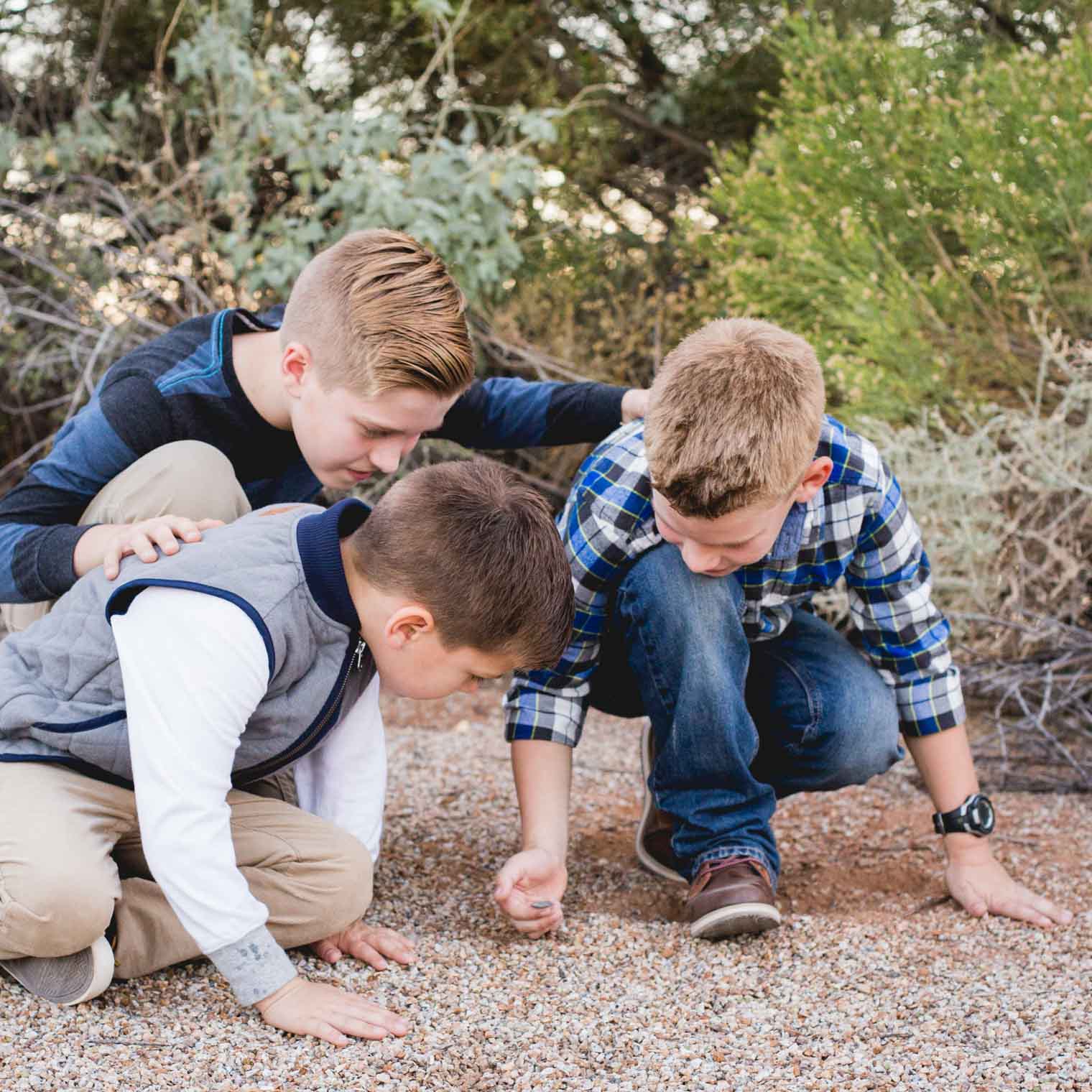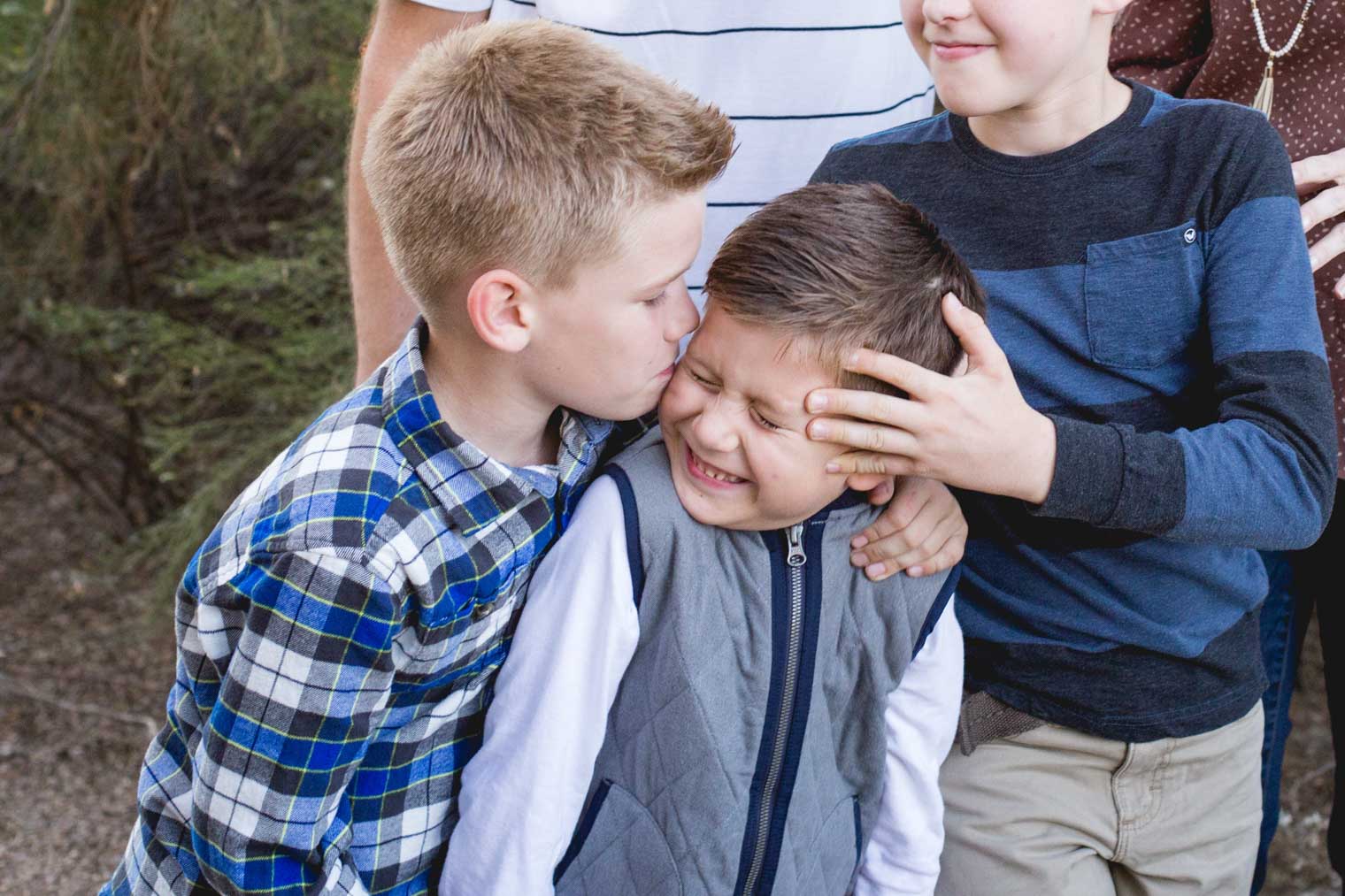“I want it how I want it,” my precious two year old proclaimed, pouring out the cup of water I just given him into the sink, only to refill it with the exact same water I had just offered.

I’ll never forget that moment, and boy, don’t we all? And the older I get, the more I realize how many of our struggles in life, within ourselves, and with others are due to the fact that we want it how we want it. Nothing brings this fact more to light than siblings in the summertime. With more time to be home and just play comes more time to want to play with the exact toy that is already being played with, more time for teasing and pestering, and more time arguing over who sat in the very back last, who picked the last show, and who made the mess in the bathroom. Friends, this mama loves her boys but the weariness is setting in.
In the spirit of wanting to be intentional about parenting these boys that God has entrusted to me, I’m listing out some ways to help them with their disagreements. It’s tempting to say, help them NOT to fight at all, but I know that they will have disagreements. And I’d rather teach them how to work them out peacefully than to just stuff their feelings and keep the peace at all costs.
- Teach them the art of compromise. One boy wants to watch Curious George and the other one wants to watch Wild Krats. “Can you guys think of a different show you would both like to watch instead?” Odd Squad it is!
- Introduce a distraction. If I notice that things are escalating, and someone is feeling left out or picked on, I can offer a way out and diffuse the situation. “Does anyone want to play Uno with me?” Who could refuse that offer?
- Use the timer. If a certain toy is suddenly the best thing ever and everyone wants to play with it, the kitchen timer becomes the boss and everyone gets 10 minutes to play with it.
- Help them to see from another’s point of view. This is a tough one, and gets easier as kids get older. Kids are naturally egocentric, meaning they have a hard time seeing situations from other’s point of view. To help them shift their focus, say, “Why do you think (name of other child) is feeling so frustrated right now? How can we help them to feel better?”
- Teach them to give and accept forgiveness. This is a heart skill and it will be useful forever. Explaining forgiveness in a way that they understand is a good place to start. “Forgiveness is choosing to let go of the anger we feel when we’ve been wronged, and deciding to respond in a loving way rather than hurting someone back.” I find it helps to separate whoever is having a disagreement to give them time to cool down, and then when they are ready, allow each child to voice what made them feel angry or frustrated. Usually both sides have something they can ask forgiveness for, even if one was more in the wrong. When forgiveness is offered and received, I can usually see the relief and burden lifted in my boy’s faces. They are ready to go back to their play, and have a renewed bond as brothers.

Of course, family dynamics and individual personalities make every sibling relationship unique. I’d love to hear about your family too! Tell me what you are teaching your kiddos about working conflicts out peacefully.
Leave a Reply